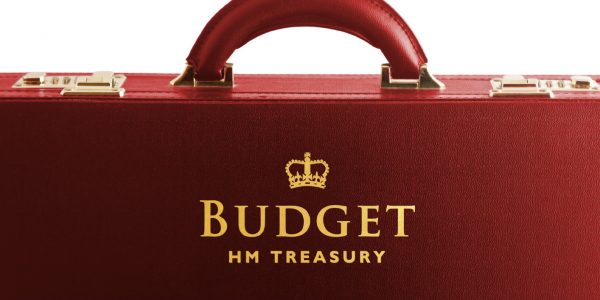Although the content(s) of the article were correct at the time of writing, the accuracy of the information contained within may no longer be current, as it may have been subject to subsequent tax, legislative or event changes. To browse more recent content, please see our Knowledge Centre.
Budget update
for investors

Menu

Posted by Wendy Spires
Wendy was the content and research director at Findawealthmanager and is an experienced research and communications writer and respected expert in the global wealth management industry. She previously headed up research at WealthBriefing, a well-established industry intelligence platform for the global wealth management and private banking community. Recently, she joined the Datavant team as Privacy Lead, European Privacy Solutions.
More reading about your situation
An AI 101 from an investing perspective
Artificial Intelligence will continue to be key investment theme for many years to come. Read on for a valuable summary of key developments for investors to bear in mind surrounding this booming sector.
Wealth Watch 2024: Canaccord’s key financial milestones for HNWIs
Two experts from Canaccord Genuity Wealth Management set out key 2024 financial milestones to build your strategy around.
Wealth Management Survey
Occasionally we like to survey our website visitors to find out their attitudes to wealth management. Share your views for a chance to win John Lewis vouchers!
Doing well by doing good
Research has proven that investing sustainably doesn’t necessarily impair returns at all – and may in fact be key to achieving good performance in a rapidly changing world.



